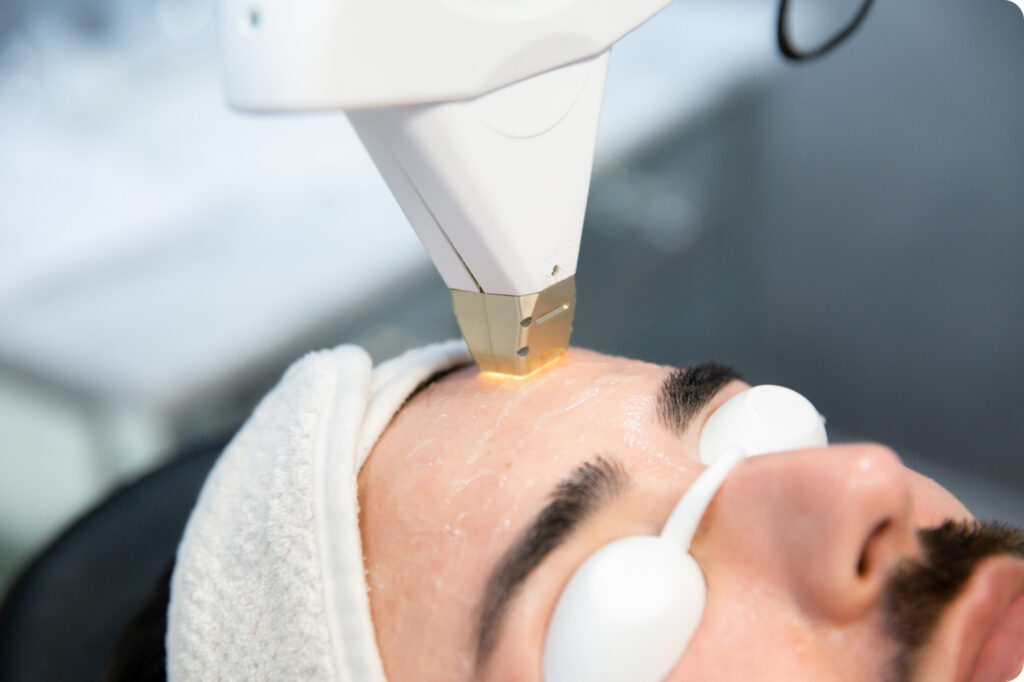
When it comes to losing weight, a healthy diet is fundamental. So much so in fact that “going on a diet” has become synonymous with weight loss. When you think of dieting, you probably think immediately of the foods that you have to cut out. While restriction and making smarter food choices are definitely parts of following a healthy diet, they are far from the whole show.
Following a healthy diet isn’t simply about what you eat. Instead, and especially after weight loss surgery, much of following a healthy diet is knowing how much to eat. Making smart food choices means knowing how much food to eat in any given sitting, and when it is time to call enough, enough.
Portion Control after Bariatric Surgery
Having weight loss surgery makes it more important than ever to pay close attention to your portion sizes. After bariatric surgery, the amount of food that you can fit in your stomach at any given time is limited. Eating too much, or straying from the dietary plan established by your weight loss surgeon can do more than lead to inefficient weight loss results—it could actually lead to severe discomfort and post-surgical complications.
The good news is that weight loss surgery helps reduce your desire for too much food, making it so that you’ll feel full after just having a small amount of food. While this is great for promoting weight loss and cutting calories, it means that you need to put a lot of thought into what you are eating. You need to make sure that you are managing your calories appropriately so that you are getting all of the vitamins and nutrients that your body needs to thrive.
As you plan your daily food choices, make sure that you are getting the following nutrients daily:
- Protein
- Vitamins
- Minerals
- Mono and Poly unsaturated fats
- Complex carbohydrates
So how can you know if you are eating the right size portions? A good start is to talk with your weight loss surgeon about how big your daily meals should be. Some surgeons recommend eating smaller meals more often throughout the day so that you aren’t trying to eat too much at once at any point. You can also pay close attention to the nutrition labels on the backs of packages of food items that you choose to ensure that you are measuring out your portions appropriately.
It is necessary to take a vitamin supplement to help you reach the proper daily recommendations for each of these nutrients while following a restricted diet. Talk to your weight loss surgeon before starting any new dietary supplements or making any changes to your diet.
Getting More Protein after Weight Loss Surgery
Weight loss surgery gives you a fresh chance at a healthy lifestyle. Following weight loss surgery it becomes a lot easier to manage your diet and lose weight. This is thanks to the way that your stomach is restricted in size as well as metabolic changes that occur within your digestive system. Following your bariatric procedure you won’t feel hungry as often and will grow full much faster, meaning that mindless snacking and long hungry afternoons can more easily become a thing of the past.
But when your stomach is restricted so heavily, there is more you have to think about than your snacking habits. Even if you take vitamins or supplements after surgery, your diet is still the body’s primary way of getting the nutrients it needs to thrive. This means that you need to figure out exactly what you should eat to get the most nutrient value in the smallest portion sizes. And at the top of that list of nutrient priorities needs to be protein.
Why Protein?
Protein is the primary building block of the body. It gives your cells energy, your muscles the ability to grow, and you the healthy feeling you’ve been searching for. When your body is low on protein you may feel sluggish, but when it comes to your weight loss goals the problem can go far beyond your energy levels. Your body needs protein to rebuild muscles as you lose weight. Without enough protein, you are going to have a tough time achieving the weight loss goal you are working towards.
Here are a few strategies to help maximize your protein intake after weight loss surgery:
- When you sit down to eat, have your protein first. This will ensure that you are eating a full portion of protein before growing too full. An added benefit of eating protein first is that it increases your body’s production of PPY, a hormone that will help you feel full and further support your weight loss goals.
- Schedule your snacks ahead of time and make sure that they are protein loaded. Your dietitian can give you tips on healthy protein-loaded snacks, like low-fat cheese or grilled meats.
- Strategize your meals to be low-calorie and protein rich. For example, make eggs instead of having cereal in the morning. Scheduling small meals just a few hours apart can help you maintain a steady feeling of satiation and will make it easier to follow your new low-calorie diet plan.
Following your weight loss surgeon’s dietary guidelines is essential after having bariatric surgery. If you have any questions about the best foods to be eating, or regarding your ideal nutrient intake, reach out to your weight loss surgeon or nutritionist for guidance and support.

